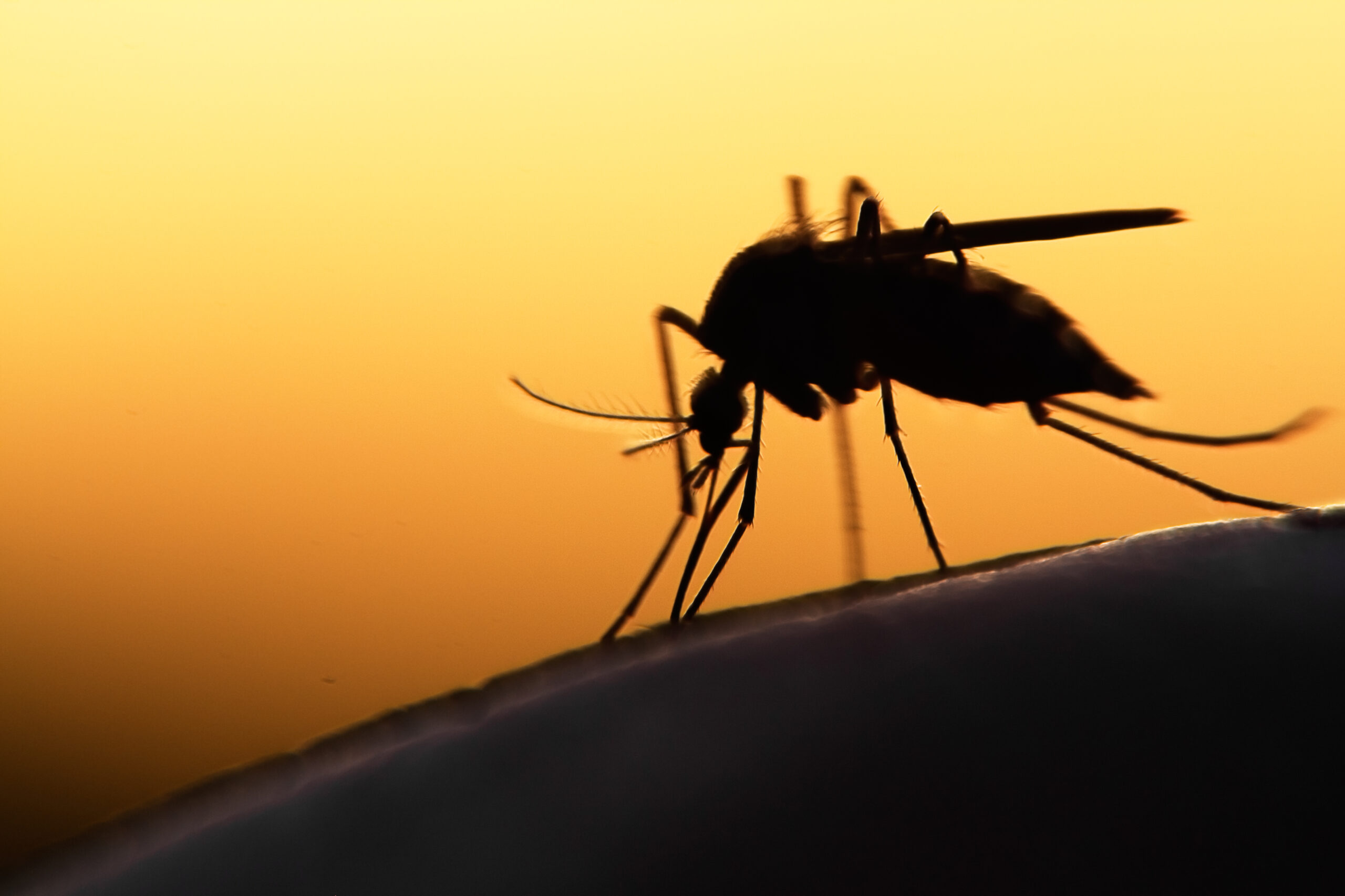Genetically Engineered Mosquitoes: Innovation or Insidious Invasion?

In a move that some hail as innovative and others decry as reckless, the U.S. Environmental Protection Agency (EPA) has permitted British biotech firm Oxitec to release 2.4 million genetically modified mosquitoes into the United States. The decision raises many issues, from the potential ecological implications to fears of biotechnology overreach.
Firstly, the initiative’s goal is commendable: to counter the problematic population of Aedes aegypti mosquitoes responsible for transmitting dengue, Zika and other diseases. The plan is simple on paper. Oxitec’s genetically modified male mosquitoes are released to mate with wild females, leading to offspring that cannot survive, thereby reducing the overall population. The results from Oxitec’s pilot project in Florida in 2021 have been promising.
Yet, a critical eye must be cast on these novel strategies. Indeed, the solution may not be as neat as it appears on the surface, given the unpredictable outcomes of releasing genetically modified organisms into the wild. Andrea Leal, director of the Florida Keys Mosquito Control District, has stated, “We made significant progress during the pilot project last year, we look forward to continuing this important work during this year’s mosquito season.” Yet, the broader implications for the environment are difficult to predict.
While Oxitec argues their product “does not harm beneficial insects” like bees and butterflies, skeptics say that the full impacts of this mass mosquito release remain unclear. Three years is a mere blink in the scope of public health and ecological study. The only legitimate claim at this stage is that, so far, no adverse impacts have been detected. But the future is unknown.
Also concerning is the idea of a biotech company being permitted to alter the course of nature on such a grand scale. Given the far-reaching implications of their work, this scenario opens the door to questions about whether there is sufficient regulation and oversight of biotechnology firms’ activities.
Furthermore, recent memory provides cause for caution. For instance, the emergency use authorizations granted to the manufacturers of COVID-19 shots have faced criticism for potentially rushed and inadequate vetting.
The EPA has specified that Oxitec’s mosquito release can occur in a 34,760-acre area across California and Florida until April 30, 2024. The project has also been restricted from areas near livestock and agricultural facilities, highlighting a perceived risk to these industries.
The EPA’s decision to permit the release of millions of genetically modified mosquitoes raises essential questions about the limits and ethics of biotechnology, especially when it comes to altering nature. While Oxitec’s efforts could be a significant stride in managing disease-transmitting mosquitoes, it also serves as a reminder that in this age of rapid scientific advancement, caution and oversight are our best defenses against unforeseen consequences.
























